Leading Net Zero Emissions
The automotive industry is the driving force in helping the UK deliver its goal of becoming a net zero nation by 2050.
Driving zero emission mobility
Decarbonising road transport is fundamental to achieving net zero, and the automotive industry is fully committed, investing billions over decades to develop new low and zero emission technologies.
The UK’s first electric decade exceeded all expectations, transforming from vehicle production that was almost entirely fossil fuel-based, to become a major manufacturer of electrified cars, vans, buses, taxis and trucks that are exported worldwide.
Since 2011, more than £30 billion has been committed to zero emission vehicle (ZEV) production in the UK, while the supply chain produces almost every component needed, from batteries, power electronics and hydrogen fuel cells, to anodes, graphene and silicon carbide wafers. The challenge now is to scale up capacity at pace.
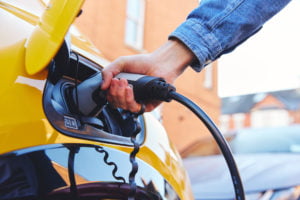
Thanks to the commitment of the automotive industry:
- There are already more than one million ZEVs on the road, along with 1.8m+ zero emission-capable hybrids – all playing a crucial role in the transition towards net zero mobility
- The UK is currently Europe’s largest major zero emission new car market by volume, and the largest zero emission bus market, with around half of all new single and double-deckers powered by batteries or hydrogen
- Britain’s zero emission vehicle model offering now includes a vast line-up of more than 130 cars, 30 vans and around 30 HGVs – with choice in every segment
- The average new electric car is capable of driving for almost 300 miles, with an increasing number offering 400+ miles on a single charge
- Around one in five new cars and one in 20 new vans sold in Britain are ZEVs
- Average UK new car and van carbon emissions have more than halved since 2000, with all technologies, and increasingly zero emission technologies, playing a critical role
Of course, delivering net zero requires more than just reducing emissions from vehicles. It is also about manufacturing more efficiently, and sourcing energy from renewables instead of fossil fuels. SMMT’s annual Sustainability Report benchmarks the industry’s success in cutting carbon, along with the myriad ways that UK Automotive reduces its environmental impact, supports corporate and social responsibility and invests in the next generation of people and skills.
A fairer faster transition to net zero emissions for all
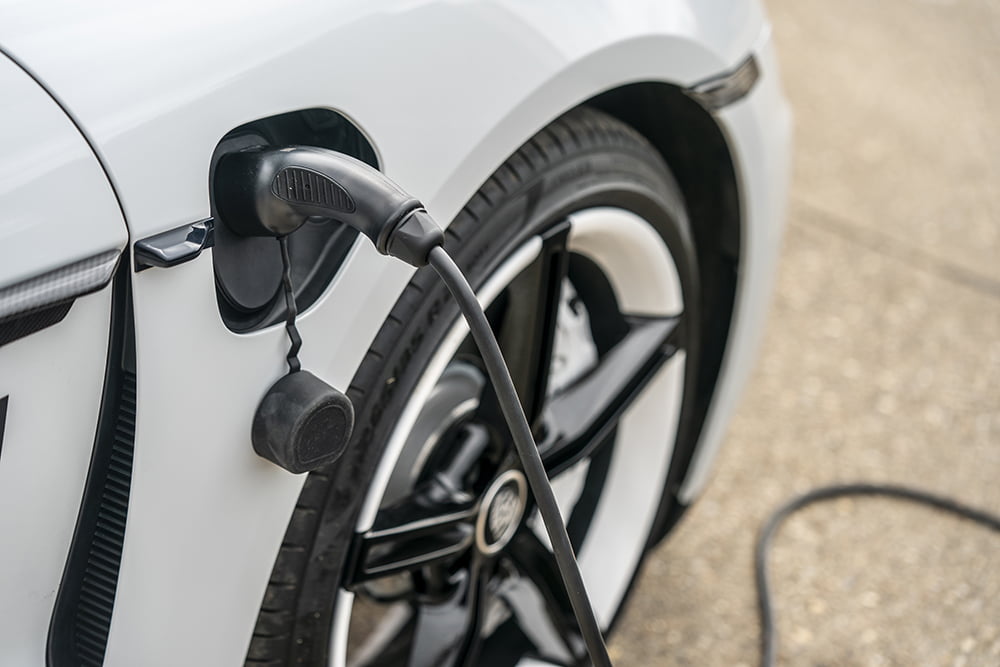
A successful UK transition at the pace demanded by regulation demands that zero emission mobility must be accessible for everyone, wherever they live and whatever their lifestyle and transport needs.
However, barriers remain:
- High production costs which impact on purchase price
- A lack of confidence in available, affordable charging infrastructure
- A vehicle excise duty system that discourages uptake
As a result, manufacturers have been subsidising the UK’s switch to zero emission vehicles, investing billions on top of development and manufacturing costs in compelling discounts to meet mandated sales targets. This cannot be sustained indefinitely.
EV uptake continues to grow, but without fiscal support and corresponding growth in infrastructure, large sections of society risk being left behind. Generous incentives for business drivers to switch to electric are driving the transition, with fleets and business buyers accounting for four in five ZEV registrations. These should be replicated for private retail buyers, who deserve a charging and refuelling experience as easy and equitable as filling up with petrol or diesel
Britain has set the bold ambition of being the first major market to end the sale of new cars and vans powered solely by petrol and diesel, and to phase out new fossil fuel HGVs just 10 years later. Manufacturers, as ever, have taken on the challenge, but they cannot do it alone.
It is crucial that every sector and every stakeholder matches automotive’s commitment to plug the gaps that remain between the UK’s ambition and its achievements.
Plugging the gap: A plan for ZEV delivery
The automotive industry has a clear plan for government that would make almost half of all cars on the road zero emission by 2035, along with thousands of vans, trucks and buses:
- Temporarily halve VAT for private consumers buying a new ZEV and amend the threshold for the Vehicle Excise Duty Expensive Car Supplement to reflect that ZEVs are not luxuries
- Ensure all drivers have the ‘right to charge’ by mandating targets for delivering public charging and refuelling infrastructure, and cutting VAT on public charging to 5%, in line with home charging
- Maintain and modernise existing grants for commercial ZEVs
- Commit to a charging and refuelling infrastructure strategy to roll out and fund zero emission commercial and heavy duty vehicle networks
- Implement workable regulatory framework to 2035/40 that enables an equitable transition to ZEVs – providing investment certainty, delivering consumer choice and rewarding innovation.
Countdown to zero emissions end of sales dates
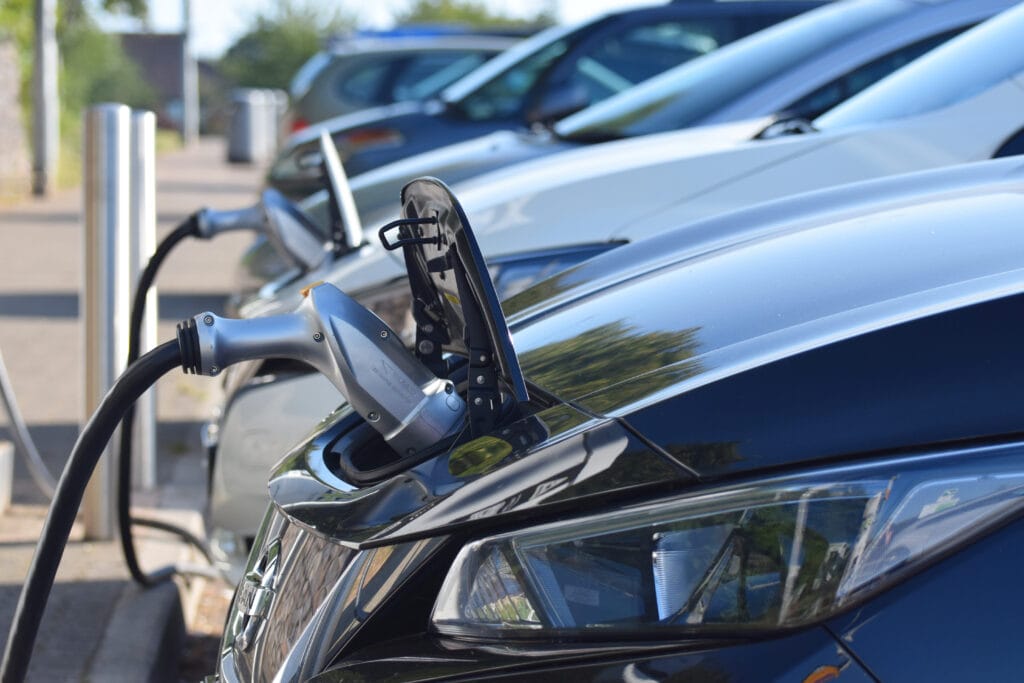
The UK has set the most ambitious timeline for new vehicle decarbonisation of any major nation, with mandated annual EV sales targets for cars and vans from 2024 getting steeper every year to 2030 when they must make up 80% and 70% of each manufacturer’s sales.
2030 will see the end of all full petrol and diesel cars, with all cars, vans and HGVs weighing up to 26 tonnes required to be zero emission by 2035, and all HGVs by 2040.
Latest EV data
Find out the latest electrified vehicle data below for cars, light commercial vehicles, heavy good vehicles and the used car market.
Automotive Insights

Vision 2035 – Ready to Grow
The Society of Motor Manufacturers and Traders (SMMT) is calling on the next government to work in partnership with the automotive industry to unleash its full potential and deliver growth worth £50…
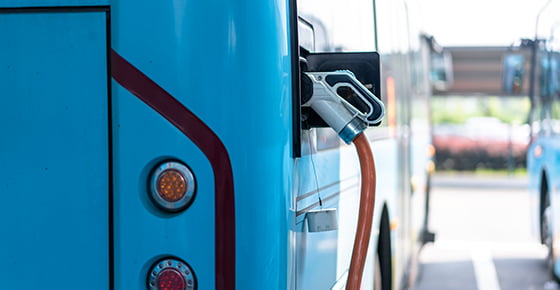
Britain’s buses need a timetable to arrive at Net Zero

Race to Zero: Powering Up Britain’s EV Supply Chain
Manufacturers have invested to deliver a choice of cutting-edge zero emission and zero emission-capable vehicle technologies to suit every driving need and lifestyle.
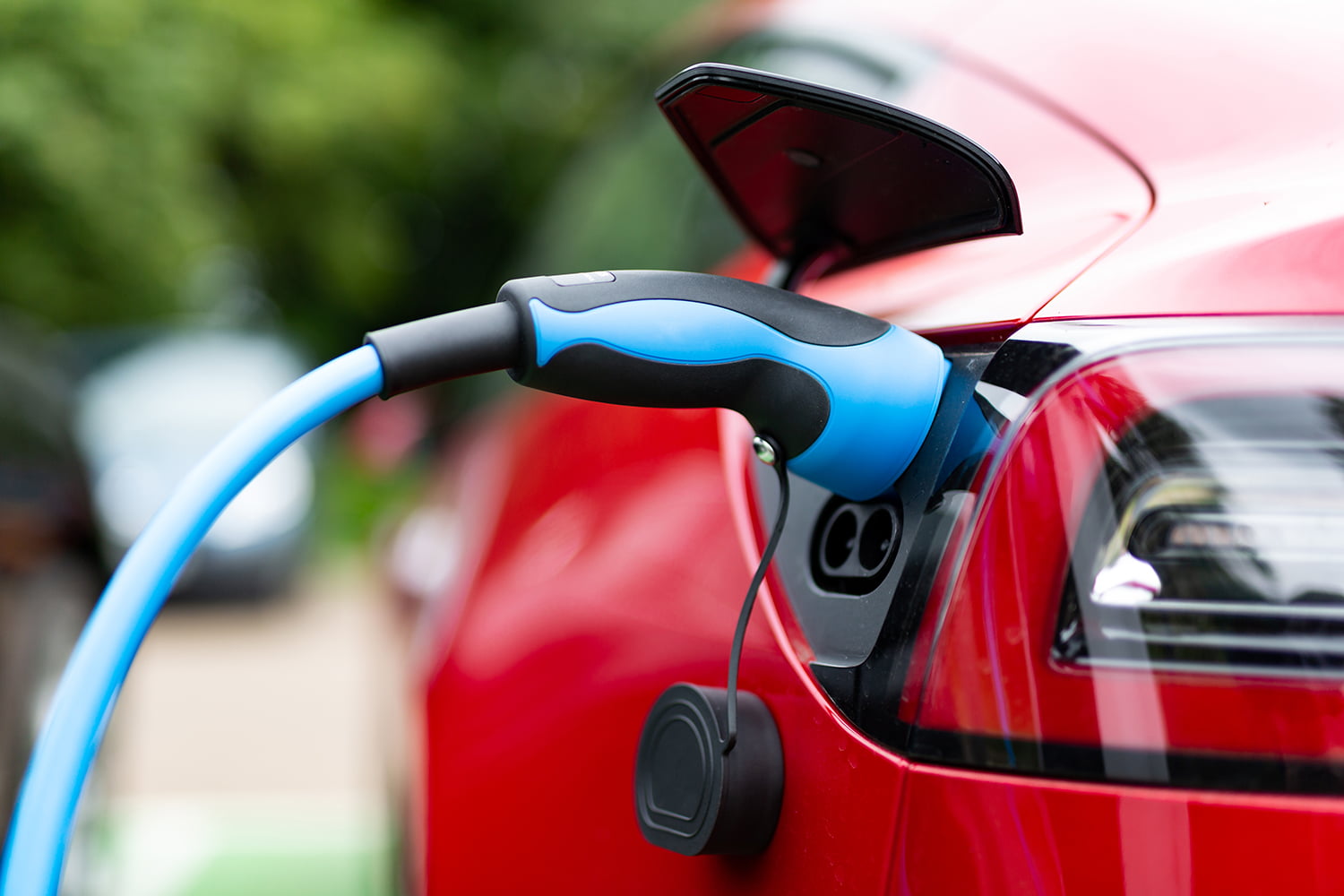
Electric vehicles are a key part of the future of motoring – but the technology can be much misunderstood. Therefore, having clarity on the facts is crucial for delivering our net zero transition and helping more drivers go electric.

UK new car market – ZEVs
![]()
apply to join
SMMT’s comprehensive membership base covers every aspect of the automotive industry, from vehicles to components, trailers to aftermarket; and from large global corporations to small and medium enterprises. The scope of interest of our members also varies dramatically, ranging from direct, partial or indirect involvement in the manufacturing of vehicles and components, to design engineering and distribution, and a variety of other services aligned to the industry.
Get in touch to find out how to join SMMT.
If you are already a part of an organisation that has an SMMT membership, click here to register your account.
Find out how your company can become a member of SMMT.
"*" indicates required fields